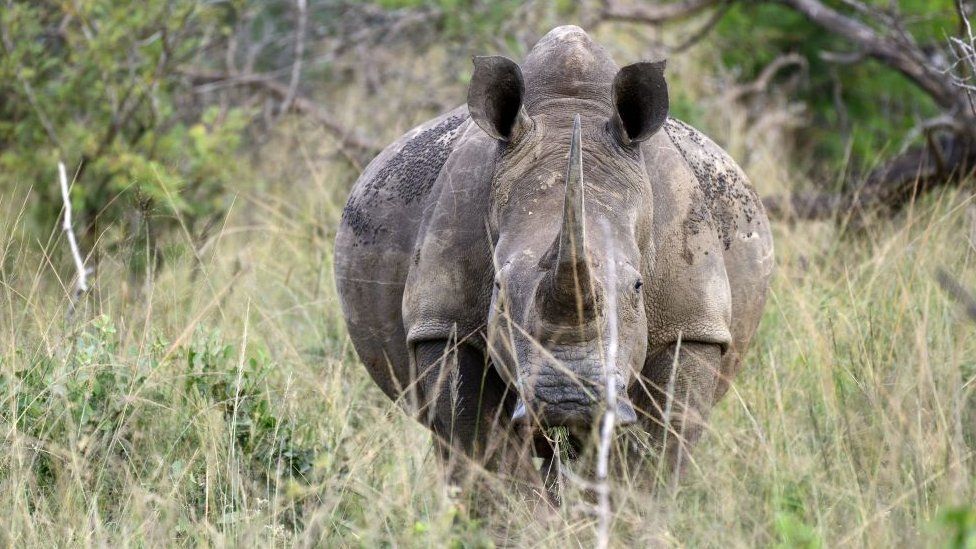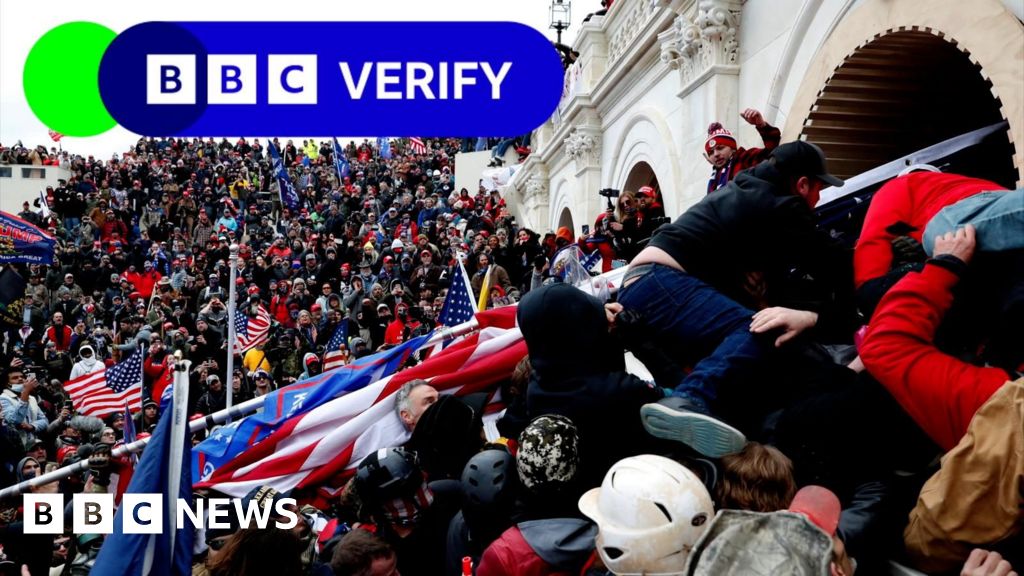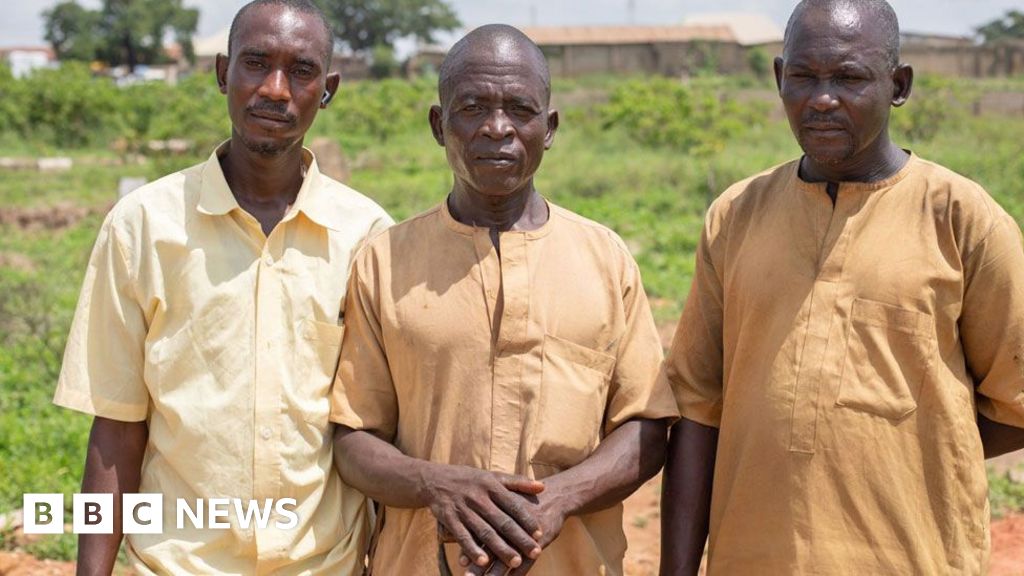ARTICLE AD BOX
 Image source, Getty Images
Image source, Getty Images
The majority of the rhinos poached in South Africa last year were in the Hluhluwe-Imfolozi National Park
By Kyle Zeeman
BBC News, Johannesburg
South Africa's battle to defeat rhino poaching has taken a turn for the worse with the numbers killed rising in 2023.
Last year, 499 rhinos were hunted, an increase of 51 from the previous year, Environment Minister Barbara Creecy said.
South Africa is home to most of the world's rhinos.
The country has some 2,000 black rhinos, considered to be "critically endangered", and around 13,000 white rhinos, classed as "near threatened".
Looking back over 10 years, poaching has fallen sharply from 2014 but has increased more recently.
Rhino horns have been in huge demand in Asian states such as China and Vietnam, where they are used in traditional medicines.
The majority of animals killed last year were in the Hluhluwe-iMfolozi Park in KwaZulu-Natal province.
The Kruger National Park, which had previously been a hotspot for poaching, saw a reduction of more than a third in 2023.
The success in dealing with poaching at Kruger, the biggest game park in South Arica, had led to criminal groups moving elsewhere, Ms Creecy told journalists.
"The increase is very concerning," a spokesperson for the company that runs Hluhluwe-iMfolozi Park, Musa Mntambo, told the BBC.
Poaching groups "often struggle to spot rhino in the Kruger and so come here where they are more visible", he added.
Last year, the government allocated $2.1m (£1.7m) to improving fencing in the Hluhluwe-iMfolozi Park.
Mr Mntambo said several other steps had been taken to fight poaching, including hiring more than a dozen more patrollers and acquiring a new surveillance helicopter.
"We have seen a decrease so far this year and we are hopeful that poaching will decrease in the coming months. By February last year we had 30 rhinos poached. This year we have 22."
Ms Creecy said her department had undertaken an extensive de-horning programme, making the rhinos less attractive to poachers.
It has also gone on an anti-corruption drive to prevent park officials from colluding with gangs.
Jamie Joseph, head of environmental group Saving the Wild, has been a long-time critic of the government's anti-poaching measures.
She predicted that poaching would continue to increase unless there was better intelligence gathering on the gangs.
"There is only one thing that will save that park and that is if they start running intel, set up ambushes and make arrests. Otherwise nothing is going to change," she told the BBC.
But Ms Creecy applauded the country's specialist policing unit, the Directorate for Priority Crime Investigation, for its work in convicting 45 rhino poachers and traffickers last year.

 10 months ago
118
10 months ago
118








 English (US) ·
English (US) ·